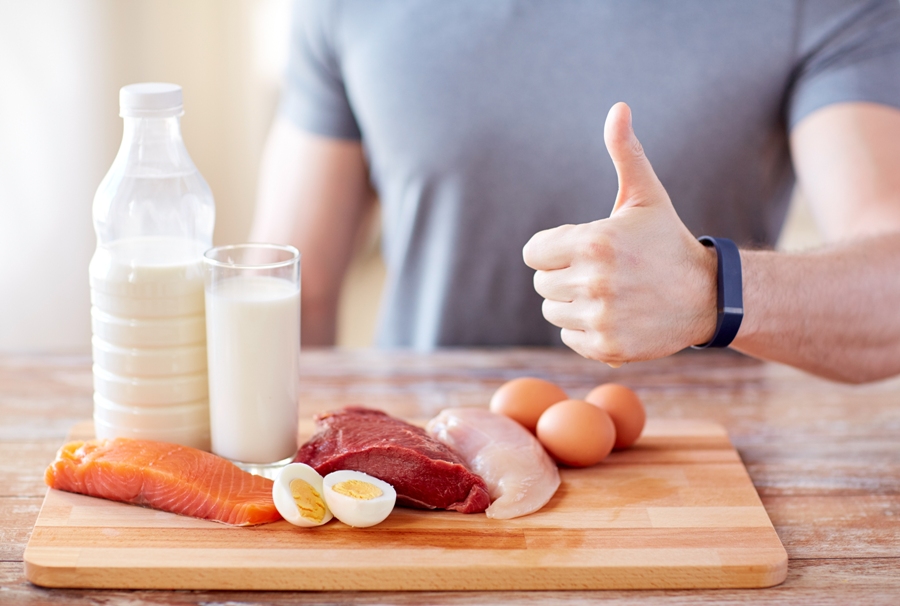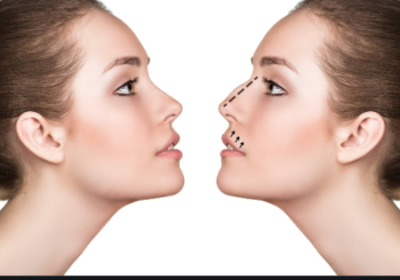Excess calories from excess protein may be stored as body fat. protein-rich diets can help you lose weight, in the long run, they can negatively affect uric acid in the blood, which increases the risk of infection, cancer or kidney disease. Increase the risk of developing more health problems. These are the signs that you should reduce the amount of protein in your daily diet. All hyper-protective diets promise to maintain a satiety feeling for a long time and stabilize blood sugar levels, losing large amounts of sodium, potassium, and magnesium. According to the nutritionists, people who have a high protein and low carbohydrate diet. Researchers have highlighted the following health hazards associated with a diet primarily focused on heavy protein intake.
Cardiac and Cholesterol Problems
Many of the foods allowed in hyper-protective diets, such as red meat, eggs, and dairy products, contain high levels of saturated fat and cholesterol. These nutrients increase the predisposition for heart disease, hyperlipidemia, and hypercholesterolemia. In addition, carbohydrate deficiencies contribute to increased susceptibility to cancer and cardiovascular disease.
Kidney Problems
Carbohydrate intake decreases, the kidneys have to eliminate the accumulated glycogen (the way the body stores carbohydrates). Glycine contains large amounts of water, which is eliminated during this process by frequent urination, increasing the risk of dehydration. kidneys leads to a reduced calcium absorption capacity, with the risk of kidney dysfunction in patients with problems at this level, according to a study conducted by Harvard University researchers.
Nutritional Deficiencies
carbohydrates deficiency linked to the high-protein diets. A keen concern for medical experts is the loss of calcium, both through the reduced ability of the kidneys to absorb it and through the process of ketosis (a natural process that occurs when fats are converted into energy and produces a pH disorder in the body). Ketosis can lead to mineral deficiencies, especially calcium.
Osteoporosis
Specialty studies have shown that women who eat high-fat diets have a higher rate of bone loss (they lose on average 35% of bone density by age 65) compared to women who rarely eat meat and lose on average 18% of bone density. Over time, decalcification of the bone system leads to osteoporosis. Protein-based diets determine the body to process calcium more intensely.
Increased risk of Cancer
Some research shows that people who predominantly eat high-protein foods are at increased risk of developing certain types of cancer because they have a low level of insulin-like growth factor (IGF-I) – this process linked to the contribute to cancer, according to some scientists.
Shortening Life
One of the studies recently announced in the beginning of March has shown that predominant protein consumption in middle age shortens the lifespan. the researchers analyzed the medical data of over 6800 patients aged over 40 years. Patients who took up their daily intake of calories from animal proteins (meat and dairy products) in about 20 percent had a fourfold risk of getting cancer or diabetes than those who followed poorer diets in protein. Protein consumers doubled their risk of death over the next 18 years after the study, compared with participants whose diet was focused on other nutrients.







Recent Comments